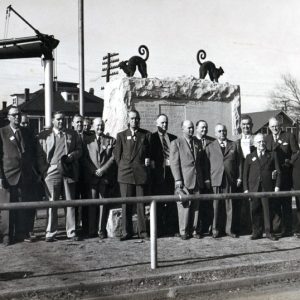 Concatenated Order of Hoo-Hoo
Concatenated Order of Hoo-Hoo
Entry Type: Group - Starting with C
 Concatenated Order of Hoo-Hoo
Concatenated Order of Hoo-Hoo
Congress of Racial Equality (CORE)
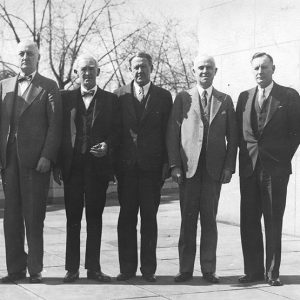 Congressional Delegation, 1934
Congressional Delegation, 1934
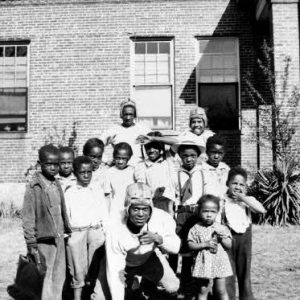 Consolidated White River Academy
Consolidated White River Academy
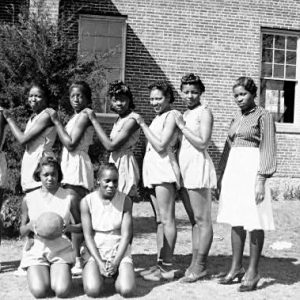 Consolidated White River Academy Girls Basketball Team
Consolidated White River Academy Girls Basketball Team
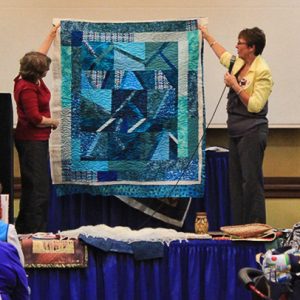 Contemporary Quilt
Contemporary Quilt
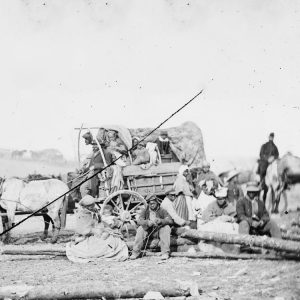 "Contraband" Fugitives
"Contraband" Fugitives
 Carolyn Callahan and Doris Cook
Carolyn Callahan and Doris Cook
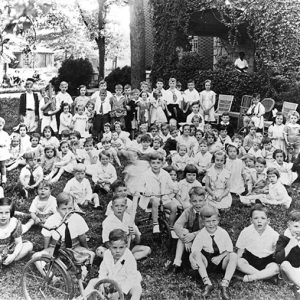 Cornish House Birthday Party
Cornish House Birthday Party
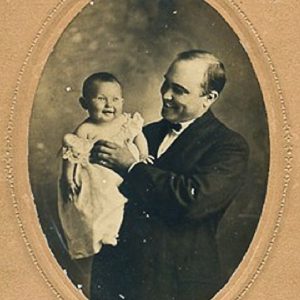 Edward and Hilda Cornish
Edward and Hilda Cornish
 Dr. Jim Correll
Dr. Jim Correll
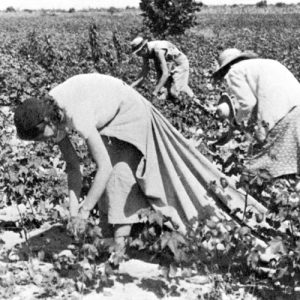 Cotton Pickers
Cotton Pickers
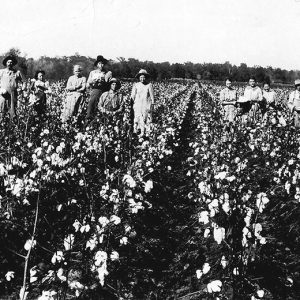 Cotton Picking
Cotton Picking
Cotton States League
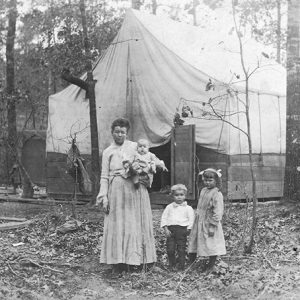 Cotton Workers' Tent
Cotton Workers' Tent
Council for the Liberation of Blacks (CLOB)
Council on Community Affairs (COCA)
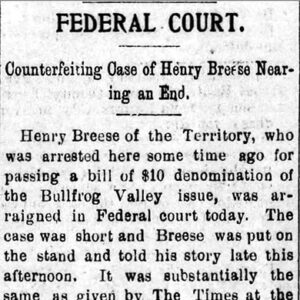 Counterfeiting Article
Counterfeiting Article
Covenant, the Sword and the Arm of the Lord
Cowboy Churches
Criminal Justice Institute
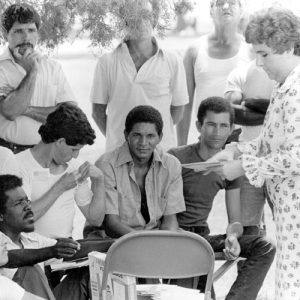 Cuban Refugees
Cuban Refugees
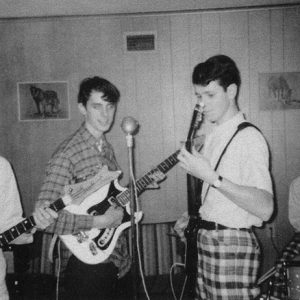 The Culls
The Culls




